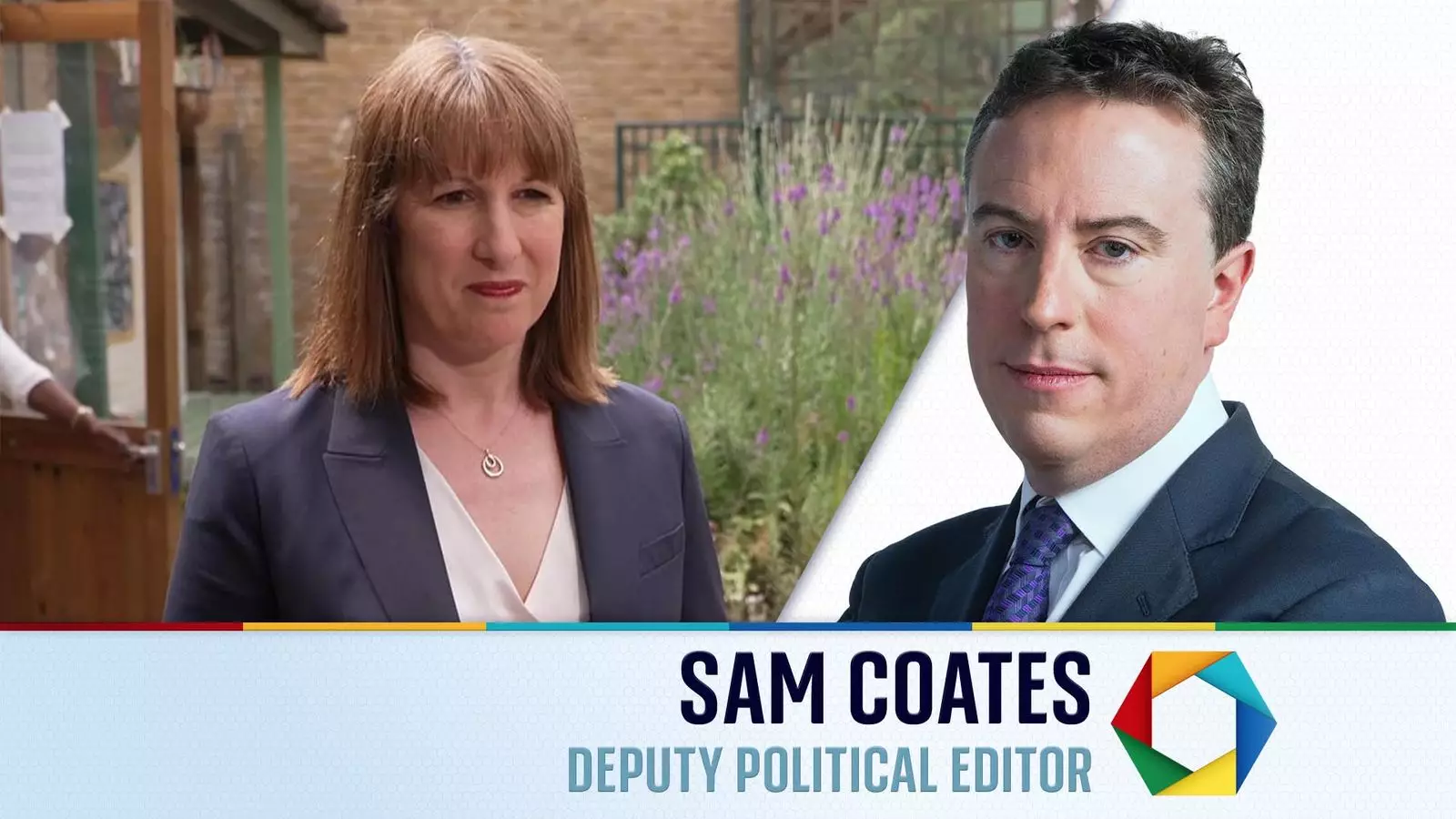The recently announced changes to the winter fuel payment scheme reveal a jarring disconnect between political ambition and financial prudence. Rachel Reeves, dubbed the Iron Chancellor, finds herself in a precarious position; a significant policy reversal has been rolled out without a clear financial strategy to back it up. This raises a multitude of questions about fiscal responsibility and budgetary discipline, especially in a climate fraught with economic uncertainty. The absence of a coherent funding plan is particularly troubling and may well become the backbone of the opposition’s critique.
Questionable Economic Justifications
At the heart of this U-turn lies the notion that improved economic conditions warrant such a drastic shift. However, this argument is built on shaky foundations. The Office for Budget Responsibility (OBR) has already halved the UK’s growth forecast for this year, while the OECD has similarly downgraded expectations. To claim that interest rates are beginning to decline overlooks the fact that the downward momentum has been sluggish—largely a consequence of government decisions in previous months. This cherry-picked narrative omits critical context and will undoubtedly raise suspicions among economists and voters alike.
Looking Beyond the Winter Payment
This abrupt pivot also begs the question: what comes next? The potential for extending similar adjustments to policies like Personal Independent Payments (PIP) and the controversial two-child benefit cap looms large. Should the government choose to back down on these matters, it would signify yet another concession, ultimately raising eyebrows in the financial markets that are watching closely. The risk of reputational damage, particularly in a fragile economic situation, must weigh heavily on decision-makers.
Internal Party Fractures
Equally concerning is how this decision appears to be exacerbating rifts within the Parliamentary Labour Party. There is a palpable tension between the more centrist elements and the soft left, with factions like Compass advocating for more substantial spending measures. Members representing constituencies leaning towards the Conservatives may find themselves caught in an untenable bind, as they grapple with the argument that Labour can manage public finances responsibly. The ideological splits within the party are clearer than ever, and they could threaten unity going into the next electoral cycle.
The Divergence between 10 and 11 Downing Street
Perhaps most revealing of this entire debacle is the emerging schism between the Prime Minister’s office and the Chancellor’s. No. 10’s apparent lack of independent assessment about market reactions speaks volumes about the governance style within this administration. There seems to be an evident struggle, with accusations of indecision and inconsistency now swirling around the Chancellor as she becomes the face of this policy flip-flop. It would be naive to dismiss these developments as mere theatrics; they could set the tone for future economic policies and electoral strategies.
Instead of stabilizing the political landscape, this U-turn appears to be a gamble. The hope is that rekindling support among pensioners will outweigh the fiscal ramifications. Yet, it is a high-stakes bet. The true cost of this decision may unfold in ways that no one is prepared for.


Leave a Reply